Extended Writing
Although many historians now use the medium of television to advance their arguments and interpretations of history, the construction of written accounts remains fundamental to their craft. It also lies at the heart of current assessment systems, which means that young people similarly need to be able to create effective historical accounts of different kinds. The quality of students’ writing depends on the processes of selection and organisation as well as on effective communication within the appropriate genre, and the materials in this section deal with all three dimensions. Read more
Sort by:
Date (Newest first) | Title A-Z
Show:
All |
Articles |
Podcasts |
Multipage Articles
-

History as a foreign language
ArticleClick to view -

Improving Year 12's extended writing
ArticleClick to view -
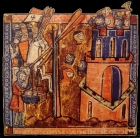
Move Me On 159: Writing Frames
ArticleClick to view -

New, Novice or Nervous? 159: Writing history essays
ArticleClick to view -

New, Novice or Nervous? 164: Constructing narrative
ArticleClick to view -

Pipes's punctuation and making complex historical claims
ArticleClick to view -

The mechanics of history: interpretations and claim construction processes
ArticleClick to view -

The use of sources in school history 1910-1998: a critical perspective
ArticleClick to view -
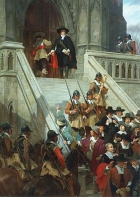
Thematic or sequential analysis in causal explanations
ArticleClick to view -

Thinking from the inside: je suis le roi
ArticleClick to view -
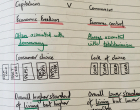
Training for the marathon: history at Michaela
ArticleClick to view -

Triumphs Show 144: Active learning to engage ‘challenging students'
ArticleClick to view -

Triumphs Show 159: teaching paragraph construction
ArticleClick to view -

Triumphs Show: Making their historical writing explode
ArticleClick to view -

Using Google Docs to develop Year 9 pupils’ essay-writing skills
ArticleClick to view -
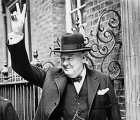
Using family history to provoke rigorous enquiry
ArticleClick to view -

Using nominalisation to develop written causal arguments
ArticleClick to view -

What made your essay successful? I ‘T.A.C.K.L.E.D' the essay question!
ArticleClick to view -

What’s The Wisdom On... Extended writing
ArticleClick to view -
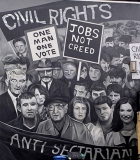
Why we would miss controlled assessments in history
ArticleClick to view

